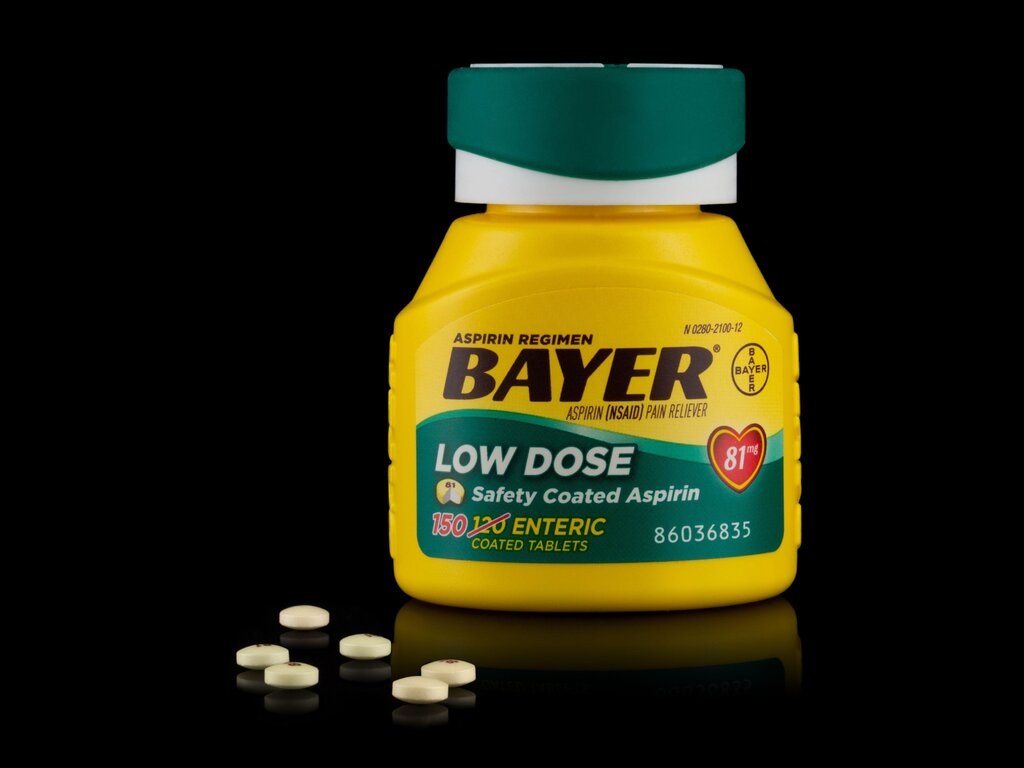Adults at high risk for a cardiovascular ailment may face extreme consequences if they begin taking a low dose of aspirin routinely.
The U.S. panel advisory came after the new research conducted at George Washington University which stated, “ Over-the-counter aspirin could protect the lungs of COVID-19 patients and minimize the need for mechanical ventilation.”
According to the new draft guidelines from the U.S. Panel of experts, people who are at high risk of cardiovascular disease should consult their doctors before taking OTC aspirin on a routine basis due to its reduced net benefit. The proposed recommendations are based on growing evidence that the chances of severe side effects far outweigh the benefits of what was once considered a very cheap weapon in the fight against heart disease.
The U.S. panel additionally plans to withdraw from the 2016 advice to take kid's aspirin for colorectal cancers prevention, a guiding principle that became groundbreaking at that time. The panel said the more recent data had raised questions and that more research was needed on the use of low-doses range of aspirin are from 81mg to 100 for children . The U.S. Preventive Services Task Force (USPSTF) recommendations will apply to the people under 60 years of age who are at high risk of heart disease and for whom a new daily regimen of mild analgesic may be appropriate.
The proposed recommendations will no longer be applied to individuals who are already taking aspirin or those who've had a coronary heart attack.
The U.S. task force is also keen to prevent anyone aged the 60 years or older from starting a low-dose aspirin regimen, citing concerns about the high age-related risk of life-threatening bleeding. The panel formally endorsed persons over the age of 60 who are at extreme risk of cardiovascular disorder to seek advice from their physicians.
References.
https://www.nytimes.com/2021/10/12/health/aspirin-heart-attack-stroke.html?searchResultPosition=2
https://www.washingtonpost.com/lifestyle/2021/10/12/low-dose-aspirin-heart-attack-stroke/
https://www.jpost.com/health-and-wellness/aspirin-lowers-risk-of-covid-new-findings-support-preliminary-israeli-trial-681127











